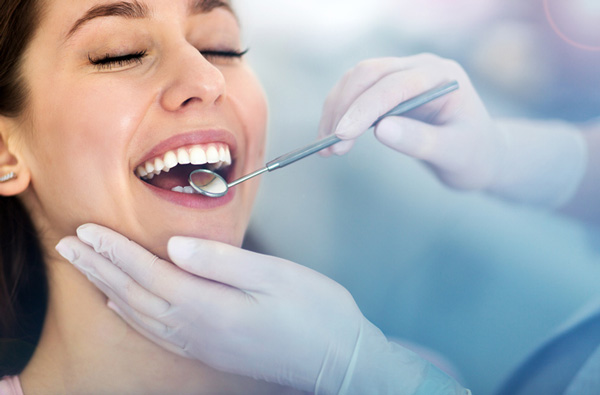Maintaining good oral health is essential for general well-being. Regular dental check-ups are essential for preventing dental problems and keeping your smile healthy and beautiful. It’s not only about getting your teeth cleaned when you go to the dentist; it’s also a chance to learn more about your oral health and address any issues you may have. To make the most out of your dental visits, here are eight essential questions to ask your dentist.
1. What is the current state of my oral health?
Ask about your oral health condition at the beginning of your dental appointment with your dentist. Understanding your oral condition is the starting point for all the following talks and treatments. Your dentist will examine your teeth, gums, and general oral health and then counsel you on any potential problems or areas that require specific care.
2. What is my personalized oral care plan?
Every person has different dental needs, and a one-size-fits-all approach to oral health is counterproductive. Ask your dentist for a specific oral care plan after evaluating your oral health. This plan should include the frequency of check-ups, any treatments that are required, and at-home care guidance that fits your particular situation. A customized plan will guarantee that you are following the most effective oral health practices.
3. Can you explain the treatment options for my dental issues?
If your dentist discovers any dental problems, such as cavities, gum disease, or structural difficulties, ask them to describe the possible treatment options. It is critical to understand the advantages and disadvantages of each choice, as well as the prices and expected outcomes. Understanding your treatment options allows you to make decisions that are compatible with your goals and budget.
4. What are the potential risks and benefits of the recommended treatments?
The complex nature of dental procedures differs, and each has its own set of potential risks and benefits. Don’t be afraid to ask your dentist for a thorough explanation of what to expect before and after the procedure. Understanding the risks and advantages will allow you to make a well-informed choice and manage your expectations. Ask about the long-term impacts of each treatment as well as what you can do to maintain its results.
5. How can I prevent dental issues in the future?
Prevention is the foundation of good oral health. Consult with your dentist about preventative measures you may take to avoid future dental problems. This can include instruction on proper brushing and flossing practices, foods and drinks that support healthy teeth and gums and the use of dental products such as mouthwash or fluoride treatments. If certain habits, like smoking or consuming too much sugar, are aggravating your dental issues, your dentist can also suggest lifestyle changes.
6. What are the signs of dental problems I should watch for?
In addition to preventative measures, it is critical to be aware of the symptoms of dental issues that may emerge between appointments. Talk with your dentist about typical oral health warning signs, including bleeding gums, dental sensitivity, or chronic bad breath. Addressing dental problems in their early stages can often prevent future, more complicated, and expensive procedures.
7. How can I maintain good oral health at home?
Dental care does not end when you leave the dentist’s office; what you do at home is equally important. Between appointments, your dentist can offer advice on how to maintain your dental health. This may include recommendations for the best toothbrush and toothpaste, effective brushing and flossing techniques, and oral hygiene habits. Regular, effective home care is critical for your teeth and gums’ long-term health.
8. What is the financial aspect of my dental care?
It’s critical to have an open conversation about the financial aspects of your dental treatment. Ask about the cost of your treatment plan, payment options, and whether or not your dental insurance will cover some or all of the costs. If the planned treatment plan is too expensive or is not covered by your insurance, talk about other options or payment plans that can make dental care more affordable for your budget.
